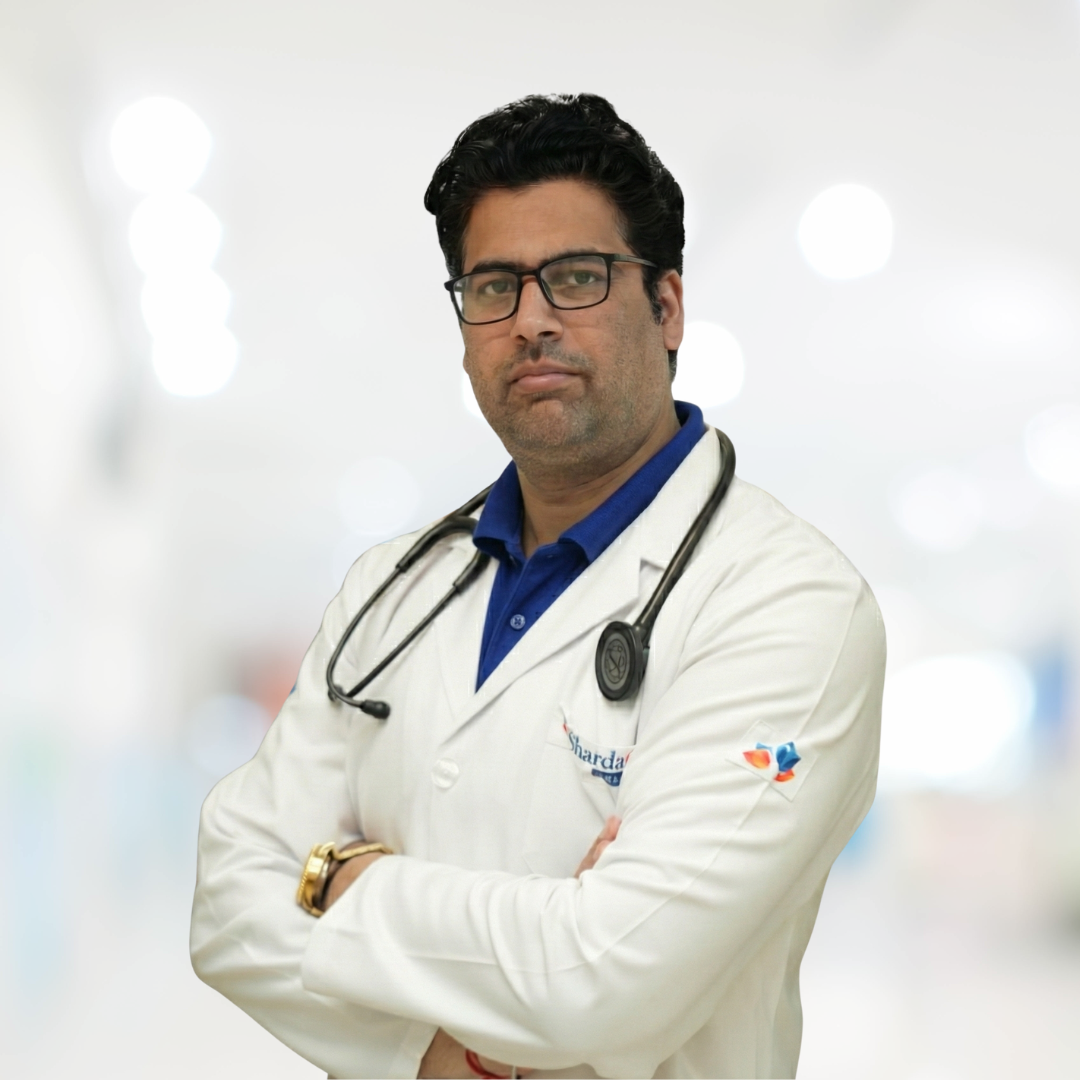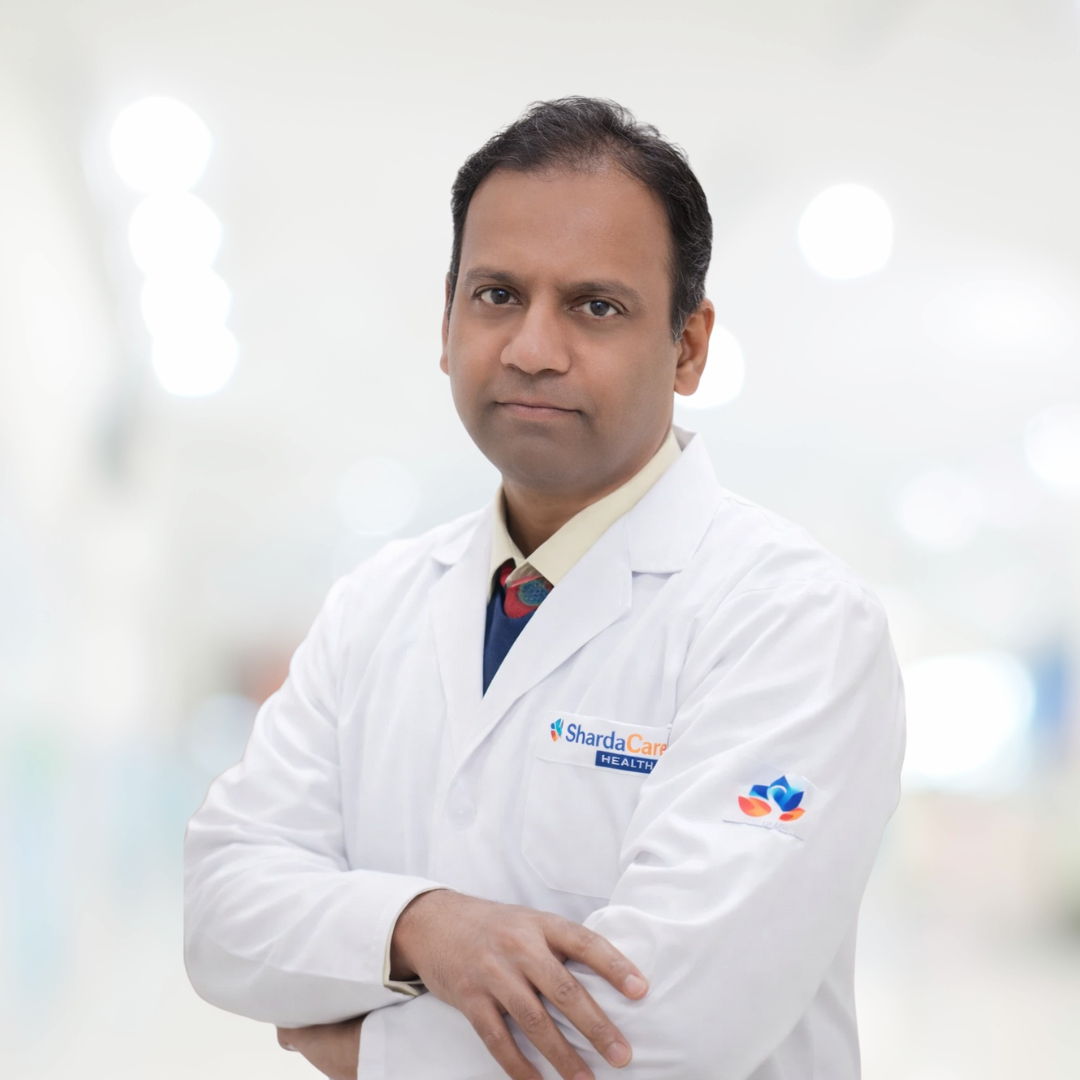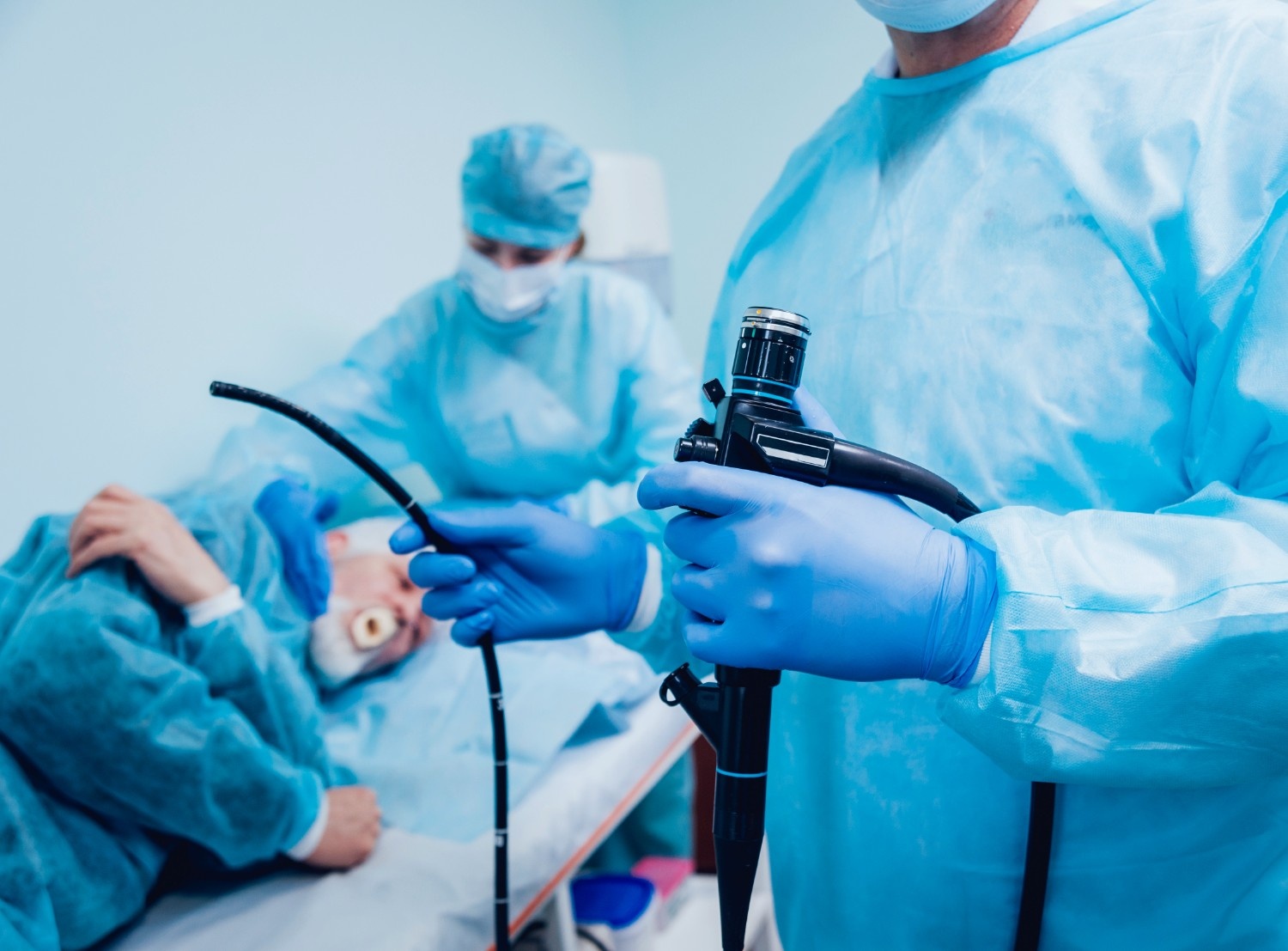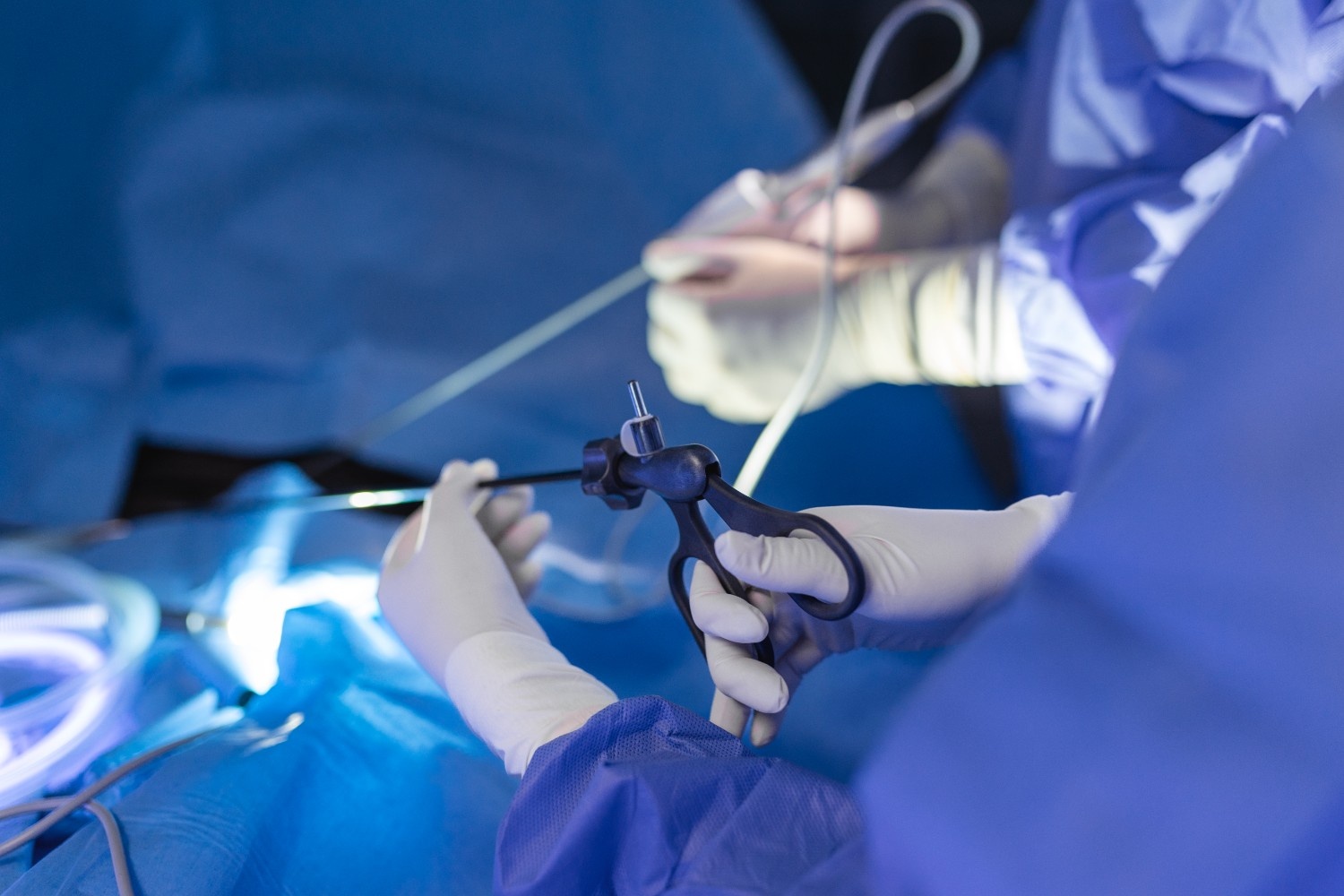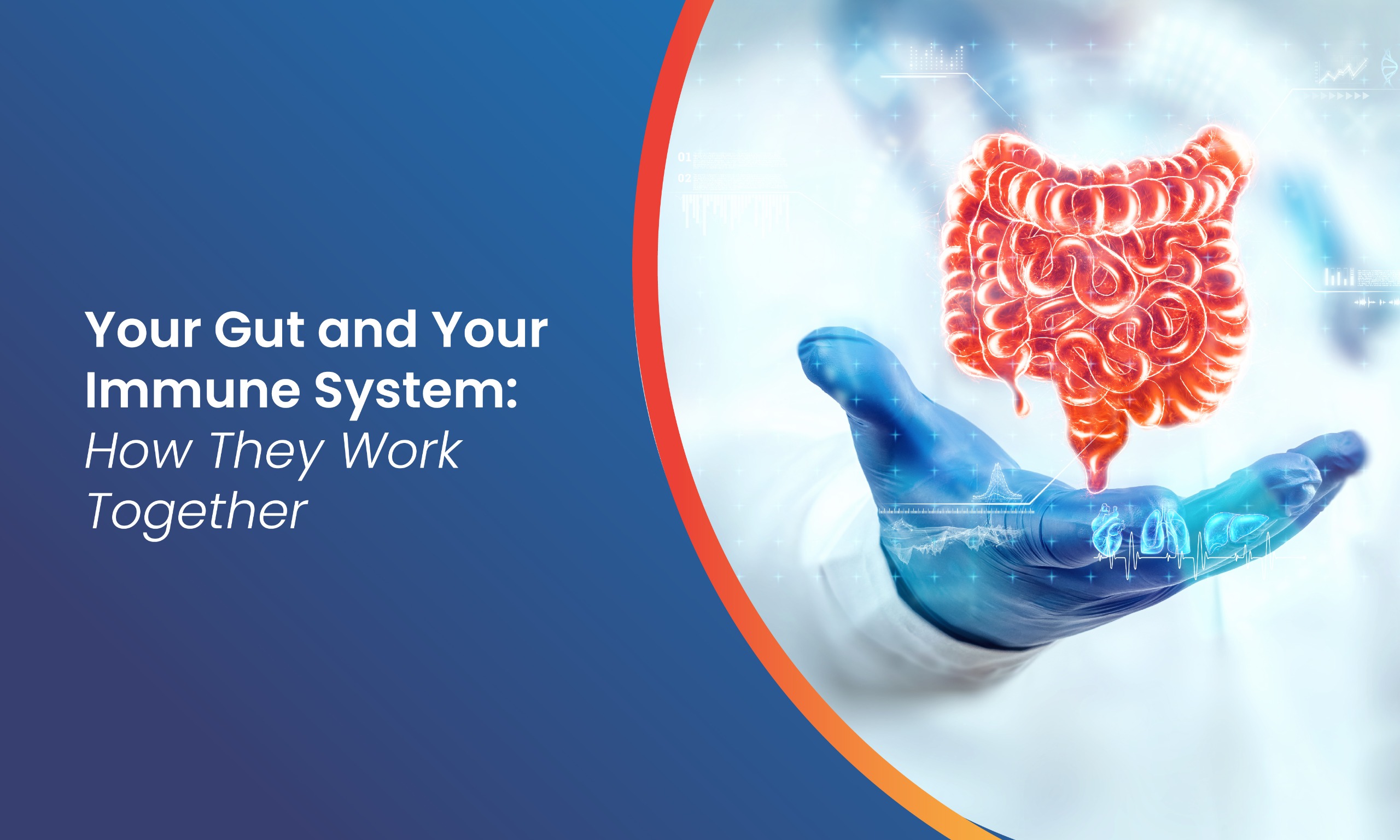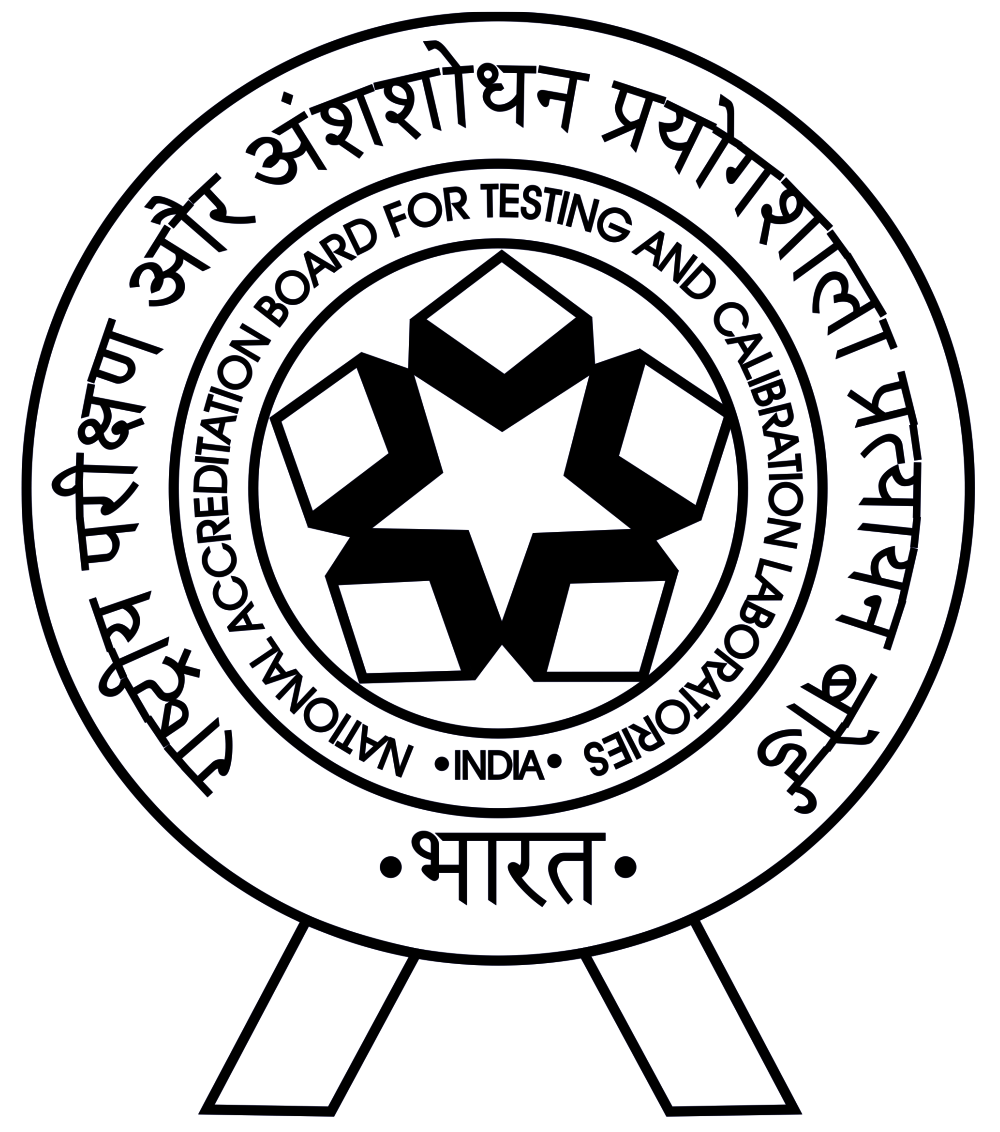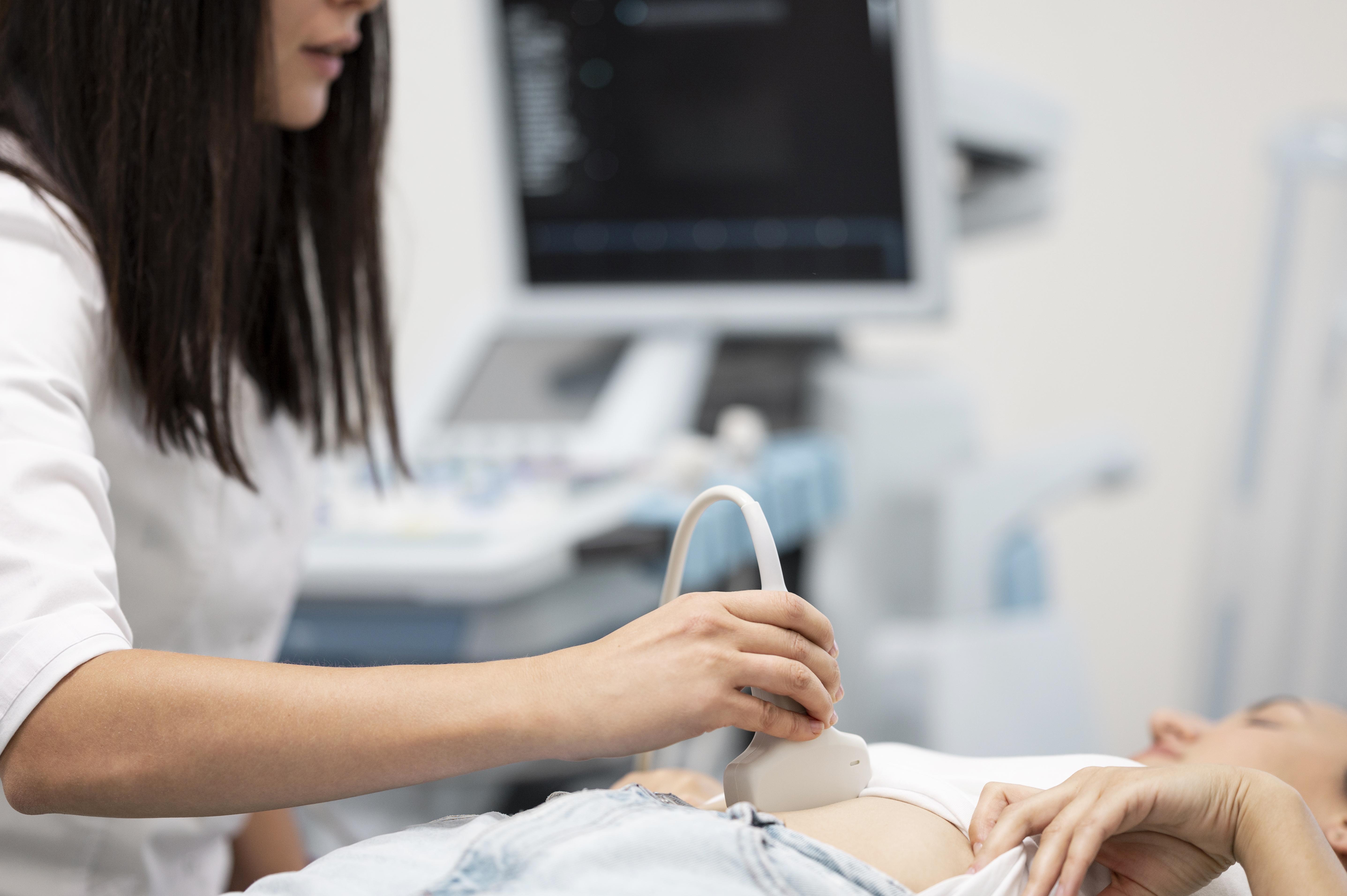
Endoscopic Ultrasound (EUS) for Advanced GI Diagnosis & Treatment at ShardaCare – Healthcity
At ShardaCare - Healthcity, we are proud to offer state-of-the-art Endoscopic Ultrasound (EUS) services, a revolutionary diagnostic and therapeutic tool for a wide range of gastrointestinal and related conditions. Endoscopic ultrasound (EUS) is a minimally invasive diagnostic modality used to evaluate diseases of the digestive tract and adjacent organs and tissues. It involves inserting a thin, flexible tube (endoscope) into the gastrointestinal tract, along with a device that uses sound waves to produce images (ultrasound). These high-frequency sound waves create detailed images of the digestive system and surrounding structures, including the pancreas, liver, gallbladder, lungs, and lymph nodes.
There are two main types of EUS probes:
Radial Probe:
The radial probe serves as a diagnostic scope, offering a view similar to that of a CT scan. Equipped with a high-frequency probe, it provides clear images of objects near the probe without radiation, relying solely on sound waves. This technology can detect objects as small as 2mm individually.
Linear Probe:
The linear probe offers images of smaller areas and requires rotation to reach the desired position. Along with visualisation capabilities, this scope allows specialists to pass needles and other accessories into surrounding tissues under complete ultrasound guidance. It features a Doppler scanning mechanism to avoid puncturing blood vessels during procedures. The needle is used to aspirate tissues and fluids for cytological examination, making this scope suitable for therapeutic purposes as well.
Applications of EUS:
- EUS offers detailed imaging of the digestive tract's anatomy.
- It aids in further evaluating pancreatic abnormalities detected on CT or conventional abdominal ultrasonography.
- EUS is valuable for assessing abnormal areas in the oesophagus, stomach, and duodenum identified during endoscopy or X-ray examinations.
- EUS reveals the gastrointestinal wall as a layered structure, akin to microscopic tissue examination, aiding in understanding the pathology's exact nature.
Applications of EUS in Patients with Cancer:
- EUS assists in determining the extent of gastrointestinal malignancies, including esophageal, pancreatic, gastric, and rectal cancers, by providing insight into the cancer's depth of involvement.
- It identifies whether malignant cells have invaded the GI tract walls or spread to adjacent lymph nodes or vital nearby structures like major blood vessels.
- EUS is adept at identifying lymph nodes smaller than 1cm, crucial for accurately staging cancer spread and guiding treatment decisions, potentially avoiding unnecessary surgeries.
- Alongside fine needle aspiration, EUS facilitates the diagnosis and precise staging of lung cancer, aiding in distinguishing malignant lymph nodes from tuberculous ones, particularly in the mediastinum.
Looking for an Expert
ShardaCare - Healthcity is home to some of the eminent Doctors in the world.
Book an Appointment

